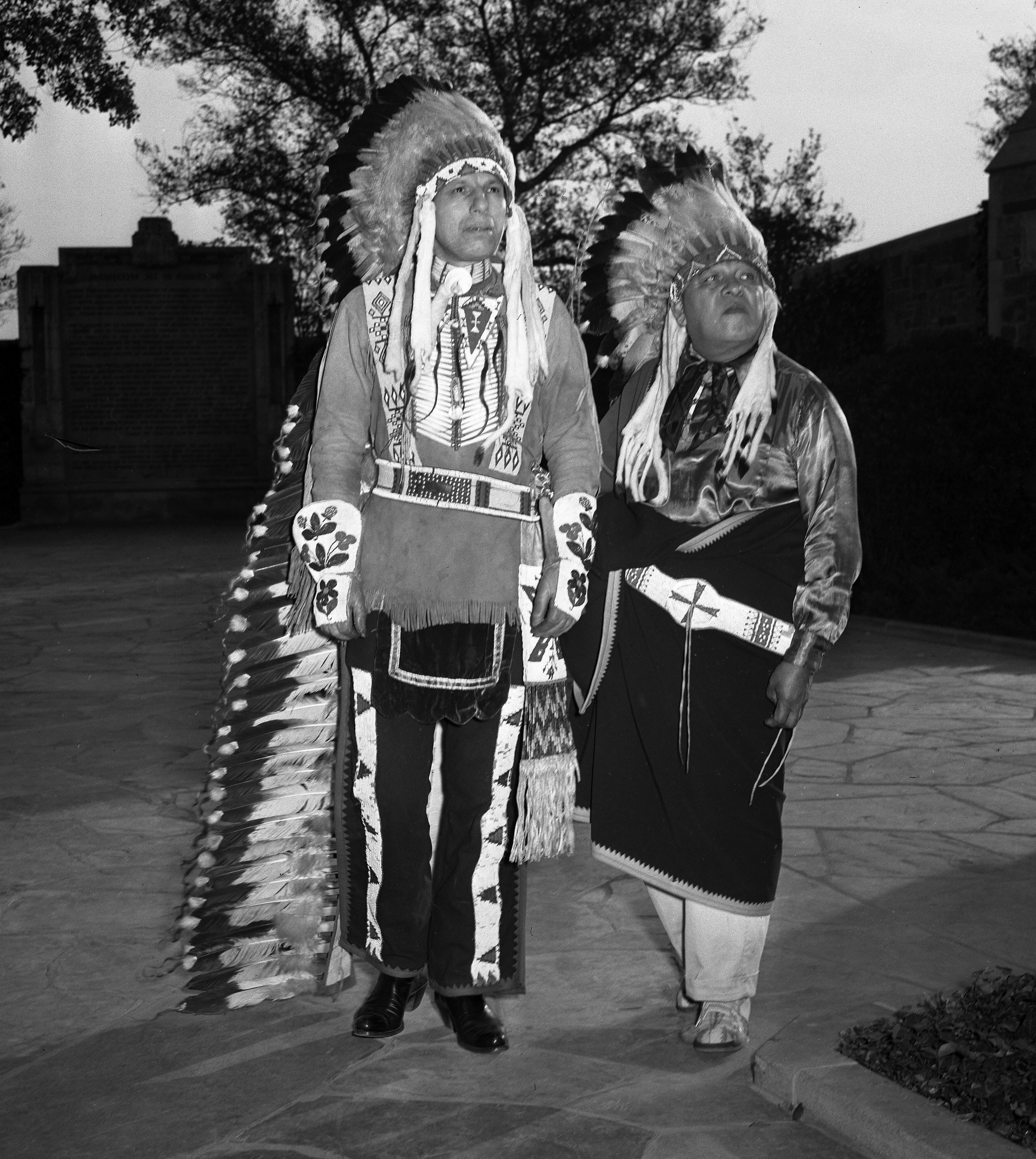I did a blog recently in Green Living about litter and mentioned Iron Eyes Cody. He was the Native American featured in a famous anti-litter commercial of the ‘60s. Or was he?

(This work is in the public domain because it was published in the United States between 1923 and 1963 and although there may or may not have been a copyright notice, the copyright was not renewed.)
As it turns out, old Iron Eyes heritage was questionable. Although his career was built on playing Native American roles and he supported Native American causes off camera, some believe Cody was living a lie. According to Wikipedia, Iron Eyes Cody was born Espera Oscar de Corti, the son of Sicilian immigrants. He shorted his name to Corti, then finally Cody, as did his two brothers, who worked as extras.
If you don’t believe Wikipedia, you can check Snopes, which also verifies that Cody was in fact a second-generation Italian. Until his death at age 94 however, Cody insisted he was Native American.
Cody wasn’t the only one who tried to pass for Native American. Chief Buffalo Child Long Lance became a spokesman for Native American causes after his autobiography “Long Lance,” in which he claimed he was the son of a Blackfoot chief. The only problem was that I guess the Blackfoots keep really good records and it was revealed the Lance wasn’t Blackfoot, but a mix of Lumbee, Cherokee, white, and black heritage. The truth came out in 1930 and in 1932, Lance killed himself.
There must be something about authors trying to pass themselves off as Native American because it happened two more times. Grey Owl was a conservationist who wrote many articles about green living before it was popular. He claimed to be half-Apache, but after his death in 1939, it was learned he was really Archibald Belaney – from Hastings, England.
And finally, there was Forrest Carter. Carter wrote the book “The Education of Little Tree,” a lovely little tale about a boy who learns about farming, nature, life, love, and spirit from his Cherokee grandparents. Although Carter claimed he was Little Tree and the story was autobiographical, it appears to be fabricated because Carter turned out to be Asa Carter, who wasn’t of Cherokee heritage.
In 1991 Dan T. Carter, a distant relative, wrote an article claiming that Carter was a Klansman and segregationist. The book remains popular, although “True Story” was removed from the cover.

